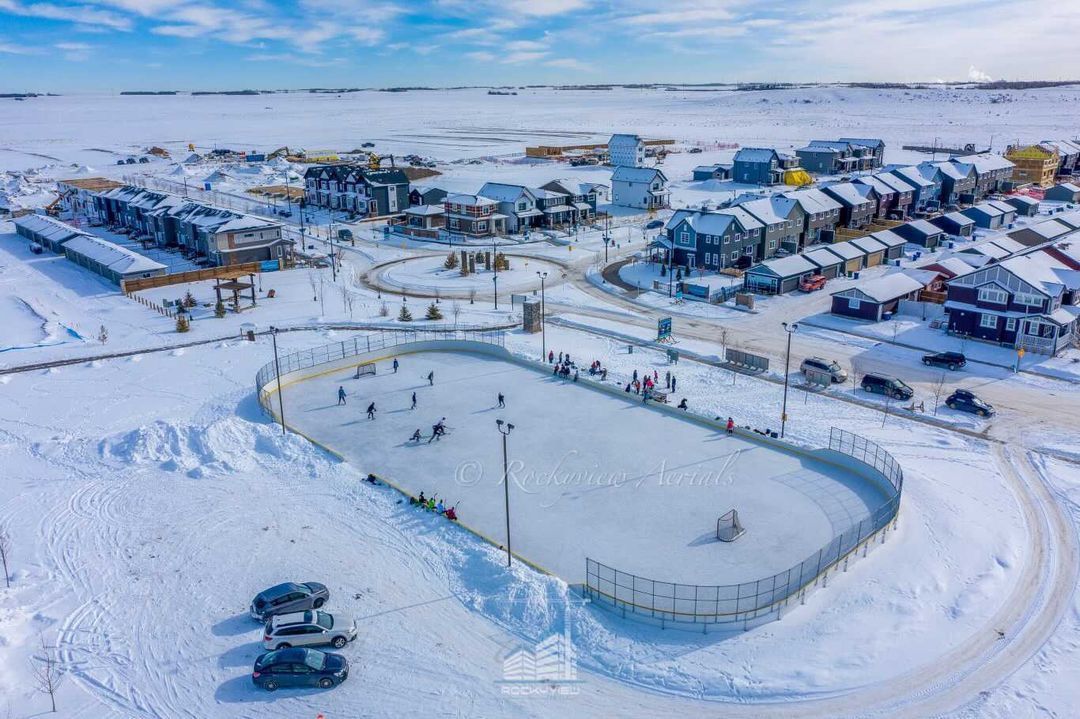Blog

Why Choose Calgary Concrete Contractors?
- Locally Rooted Expertise
As locals of Calgary, we understand the region’s climate and soil conditions inside and out. Our tailored concrete solutions are built to last, designed with Alberta’s unique environment in mind.
- Specialized Concrete Solutions
We offer specialized services like decorative concrete, custom stamping, and eco-friendly options that go beyond the basics. Whatever your vision, our expert team brings it to life with precision and creativity.
- Commitment to Quality and Durability
Our commitment to quality means using only premium materials and proven techniques. We build concrete structures that are as tough as they are beautiful, ensuring they stand strong through Alberta’s challenging winters.
- Certified and Experienced Contractors
With certified and highly experienced concrete contractors on board, we bring a wealth of knowledge to every project. Our track record speaks for itself—quality work completed by professionals you can trust.
- Personalized Customer Service
We pride ourselves on offering a personalized experience, from free consultations to customized designs. We work closely with you to ensure your concrete project matches your exact vision.
- On-Time, On-Budget Projects
Deadlines and budgets matter to us as much as they do to you. We’re committed to delivering projects on time and within the agreed budget, with no surprises along the way.
- Innovative Techniques and Equipment
Using the latest techniques and top-tier equipment, we ensure your concrete projects are completed faster, with superior results that stand out from traditional methods.
- Clear Communication and Transparency
We believe in clear, upfront communication from start to finish. Our detailed quotes and ongoing updates mean you always know what to expect—no hidden fees, no guesswork.
- Comprehensive Service Range
From residential driveways to large commercial projects, we handle it all. Our comprehensive range of concrete services makes us your one-stop shop for any construction need.
Calgary, located in the heart of Alberta, is a dynamic city known for its vibrant culture, diverse communities, and stunning natural surroundings. It is divided into several unique areas, each with its own character and charm. Downtown Calgary is the bustling business hub, home to skyscrapers, shopping centers, and cultural attractions like the Calgary Tower. The northwest areas, including communities like Kensington and Brentwood, offer a mix of urban and suburban living with access to parks and the University of Calgary. The southwest is known for upscale neighborhoods like Mount Royal and Aspen, with scenic views and proximity to the Rocky Mountains. In the northeast, areas like Marlborough and Castleridge are known for their multicultural communities, while the southeast includes industrial zones and developing neighborhoods like Mahogany and Seton. With its blend of urban excitement and natural beauty, Calgary is a city that has something to offer everyone.
LET'S WORK TOGETHER!
Calgary Concrete Contractors is your go-to contractor for all your concrete needs. We provide exceptional workmanship, outstanding customer service, flexible and competitive pricing, and a wide range of services. We're committed to completing your project on time and to your satisfaction. Contact us today, and let's discuss how we can help you enhance the beauty and functionality of your property. We look forward to working with you!
QUICK LINKS
COMPANY INFO